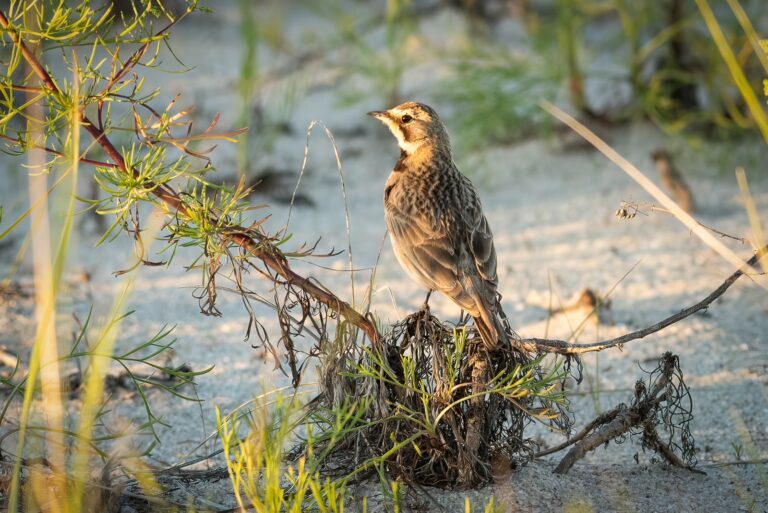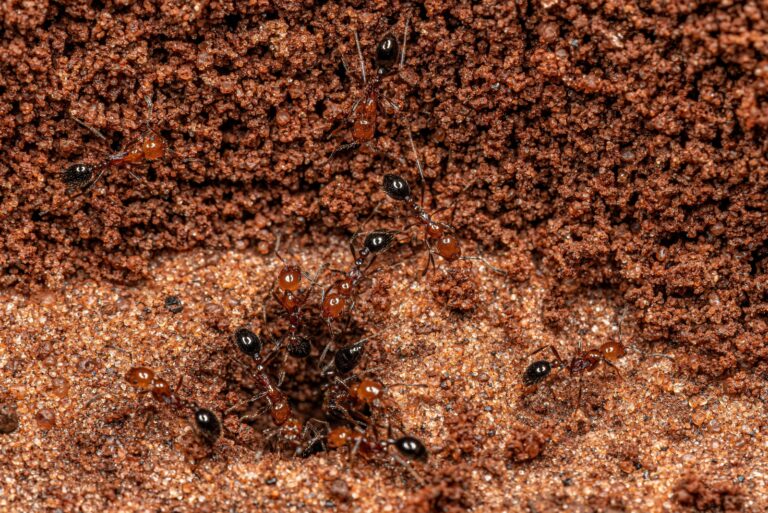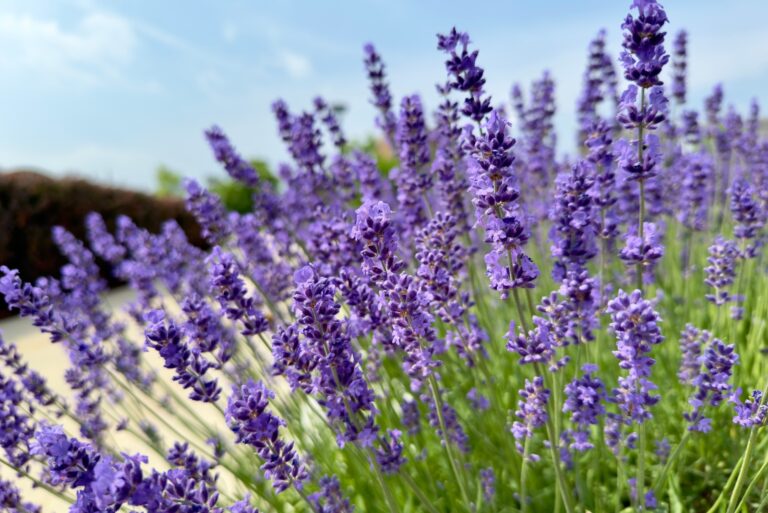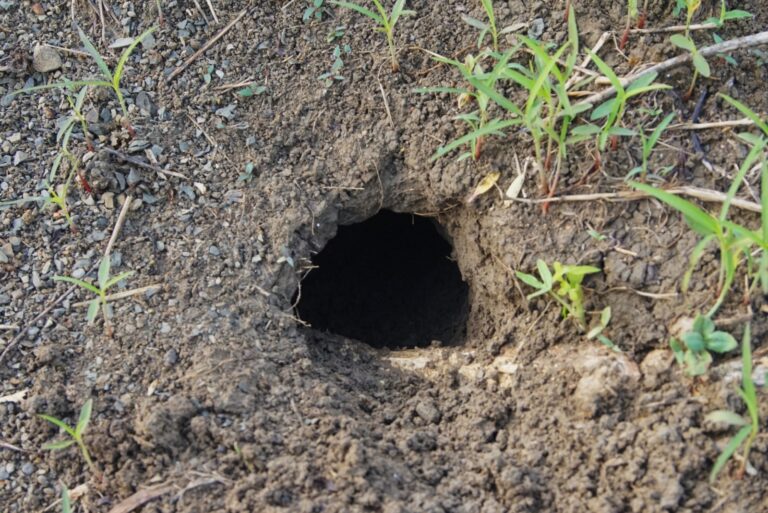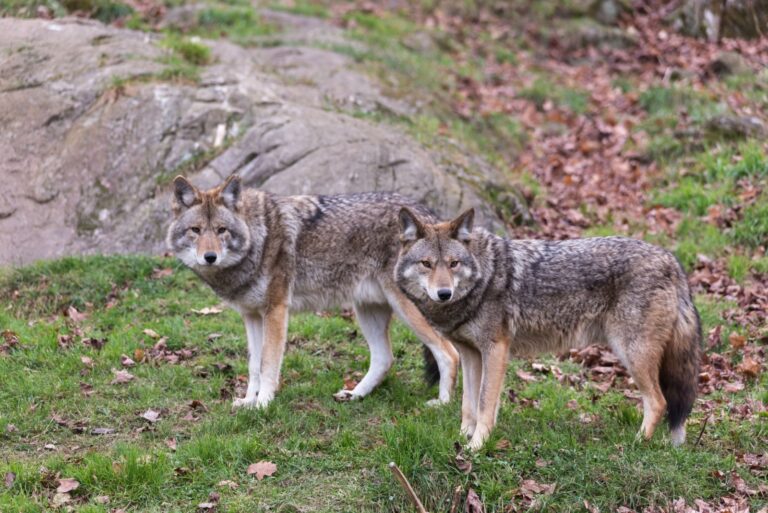9 Creatures West Virginians Must Never Remove From Home Or Garden

Living in West Virginia means sharing your space with all kinds of critters, and while some might seem like pests, many are actually helpful friends. Your garden and home benefit from certain creatures that control bugs, pollinate plants, and keep nature balanced.
Before you reach for the broom or call pest control, learn which animals deserve protection and why they matter so much to your yard.
1. Garden Spiders: Silent Web Weavers
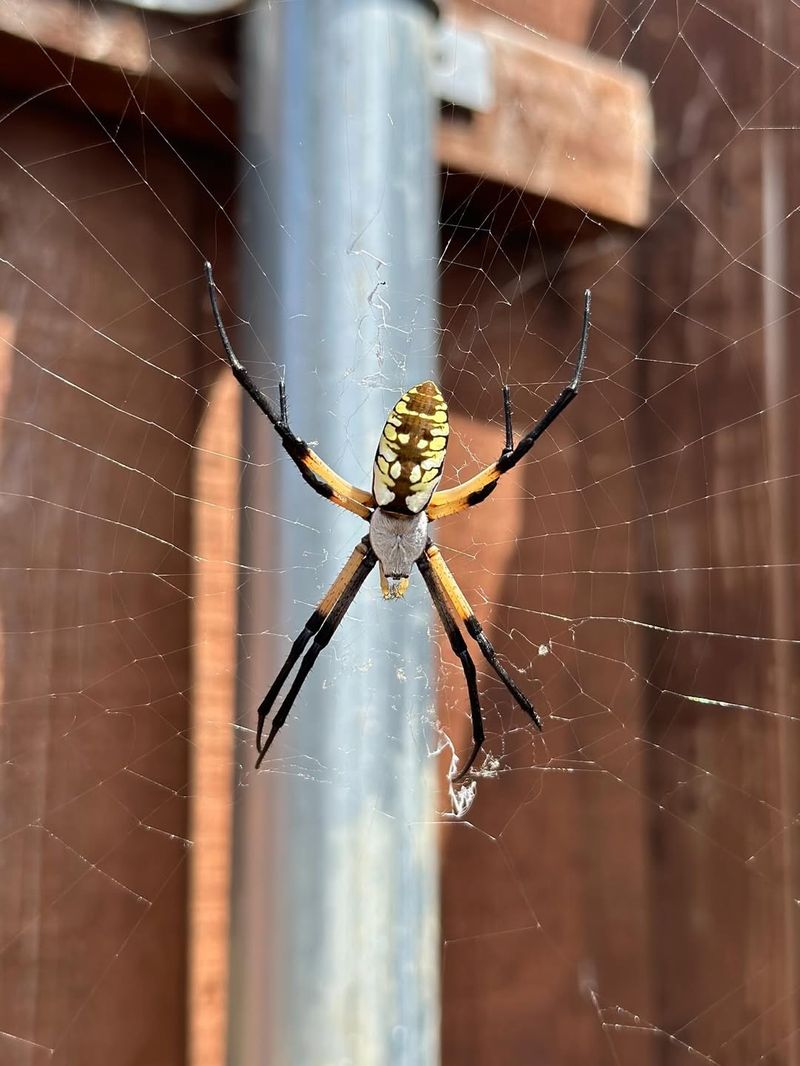
Those big webs stretched between your porch posts aren’t just Halloween decorations. Garden spiders work around the clock catching mosquitoes, flies, and gnats that would otherwise bite you during summer barbecues.
Their sticky traps are architectural marvels, rebuilt fresh each morning with incredible precision. Unlike venomous spiders, garden varieties pose zero threat to humans and pets.
Watching one wrap up a struggling fly is like witnessing a tiny nature documentary in your own backyard.
2. Praying Mantises: Stealthy Garden Guardians
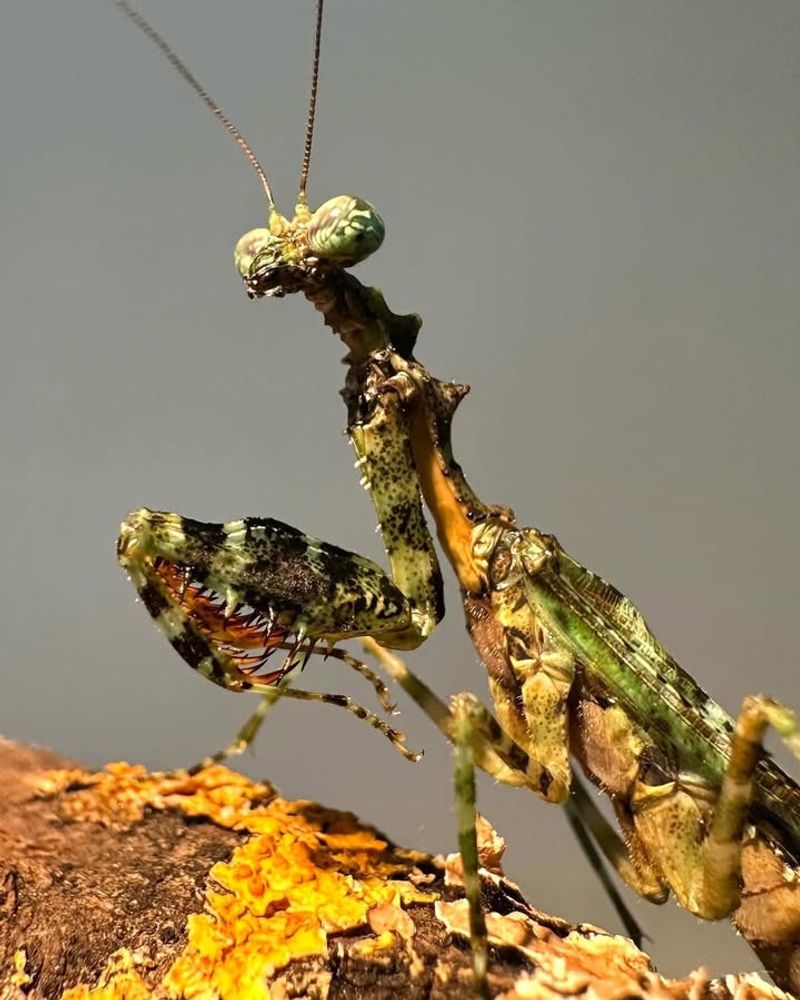
With alien-like heads that swivel completely around, praying mantises look like something from science fiction. Don’t let their strange appearance fool you—they’re phenomenal hunters that devour beetles, caterpillars, and grasshoppers threatening your crops.
Watching one stalk prey with slow, calculated movements is absolutely mesmerizing. They’re completely harmless to humans despite old myths suggesting otherwise.
Finding a mantis egg case in spring means free pest control all summer long for your entire neighborhood.
3. Garter Snakes: Gentle Rodent Hunters
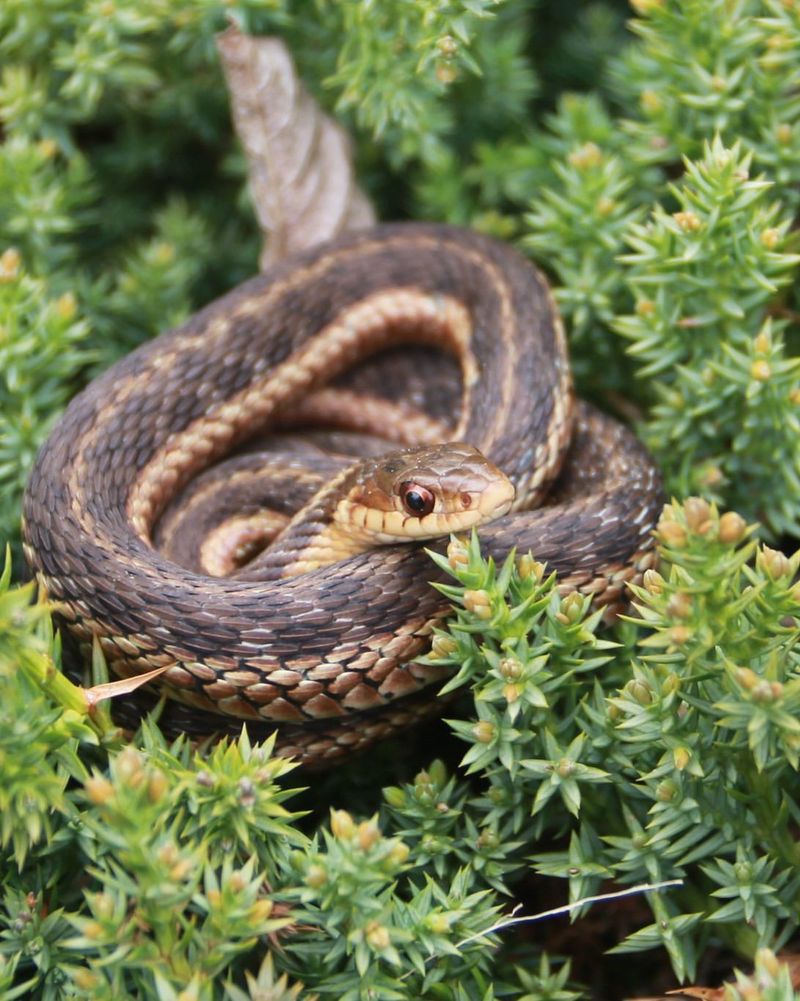
Before you panic at the sight of stripes slithering through your mulch, remember that garter snakes are completely harmless. These slender reptiles feast on slugs, mice, and insects that would otherwise destroy your garden from the ground up.
They’re too small to threaten pets and lack the venom to harm humans. Many West Virginians keep them around intentionally as natural pest management.
Spotting one sunbathing on a warm rock means your ecosystem is healthy and balanced.
4. Toads: Nighttime Bug Vacuums
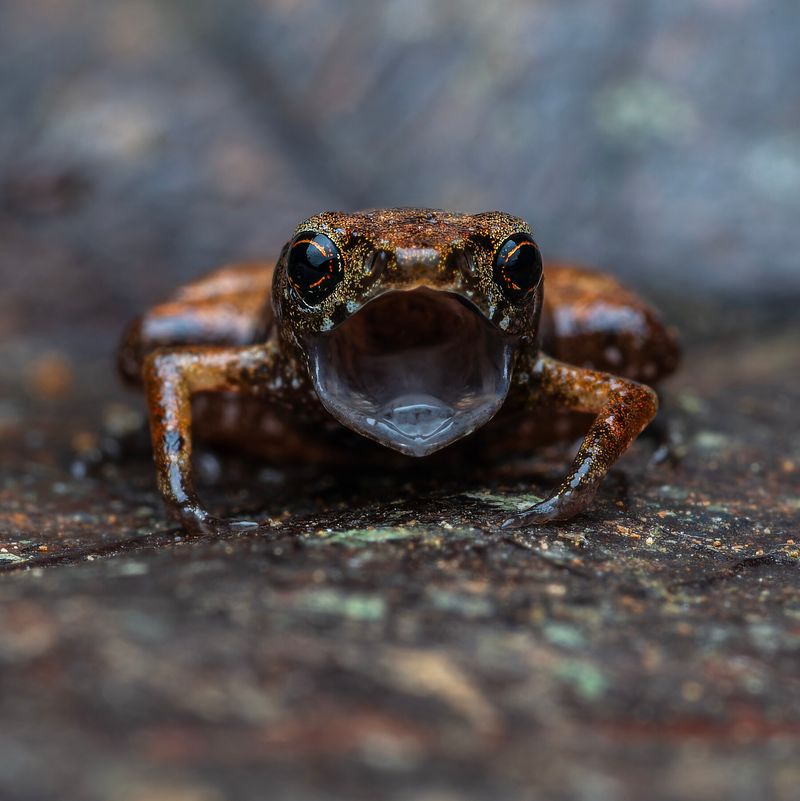
Warty and wide-mouthed, toads might not win beauty contests, but they’re incredible allies after sunset. A single toad devours thousands of slugs, beetles, and cutworms each summer, patrolling your West Virginia garden like a lumpy security guard.
They need moisture and hiding spots like overturned pots or rock piles to thrive. Touching them won’t give you warts—that’s just an old wives’ tale.
Hearing their musical trills on warm evenings means your yard is toad-approved and pest-free.
5. Ground Beetles: Nocturnal Cleanup Crew
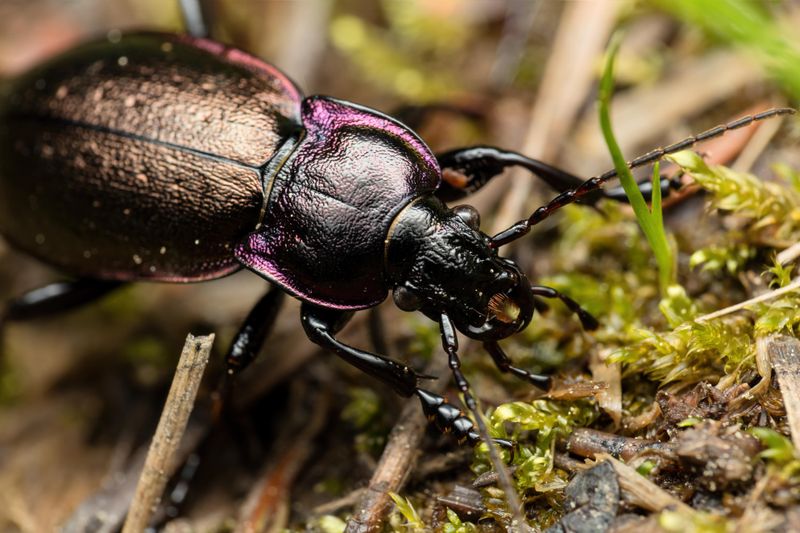
Scurrying under leaves and logs, ground beetles work the night shift eating slug eggs, caterpillars, and other West Virginia garden troublemakers. Their shiny black armor makes them look intimidating, but they’re completely harmless to people and plants.
Scientists estimate one beetle can consume over 50 pests weekly during growing season. They’re so beneficial that some gardeners buy them online to release intentionally.
Leaving some leaf litter and mulch gives these hardworking insects the shelter they need between hunting expeditions.
6. Green Lacewings: Delicate Aphid Destroyers

With gossamer wings and lime-green bodies, lacewings look too fragile to be effective predators. Appearances deceive—their larvae are voracious aphid-eating machines nicknamed aphid lions by farmers and gardeners.
Adults sip nectar and pollen, but their babies hunt relentlessly, clearing infestations from roses and vegetables. They’re attracted to West Virginia gardens with diverse flowering plants and minimal pesticide use.
Spotting these ethereal insects fluttering near porch lights means your garden’s ecosystem supports beneficial predators naturally.
7. Box Turtles: Slow-Moving Snail Hunters
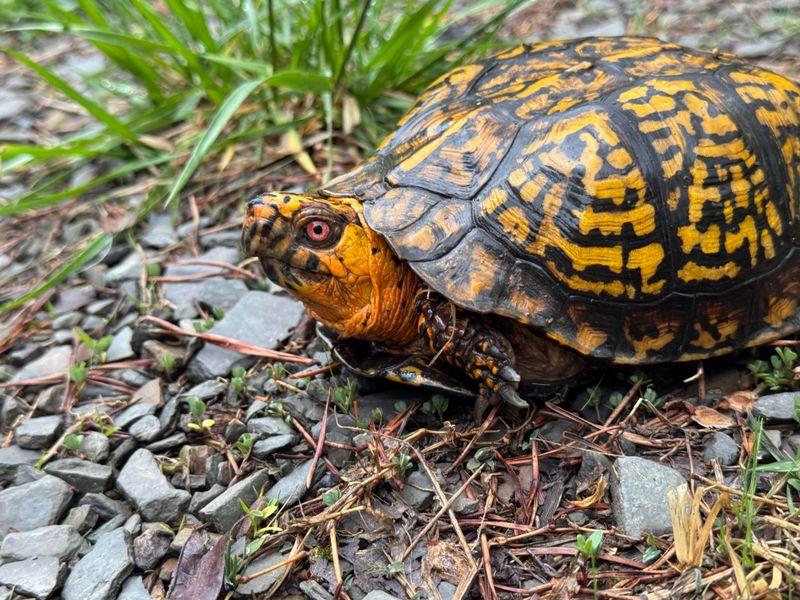
Plodding through undergrowth with ancient patience, box turtles are living fossils that deserve respect and protection. They munch on slugs, snails, and fallen fruit, keeping your garden tidy while asking nothing in return.
These reptiles can live over 100 years and often return to the same territories for decades. Moving them disrupts their internal maps and survival.
If one crosses your path, simply let it pass—you’re witnessing a creature older than your grandparents’ grandparents.
8. Fireflies: Magical Evening Performers
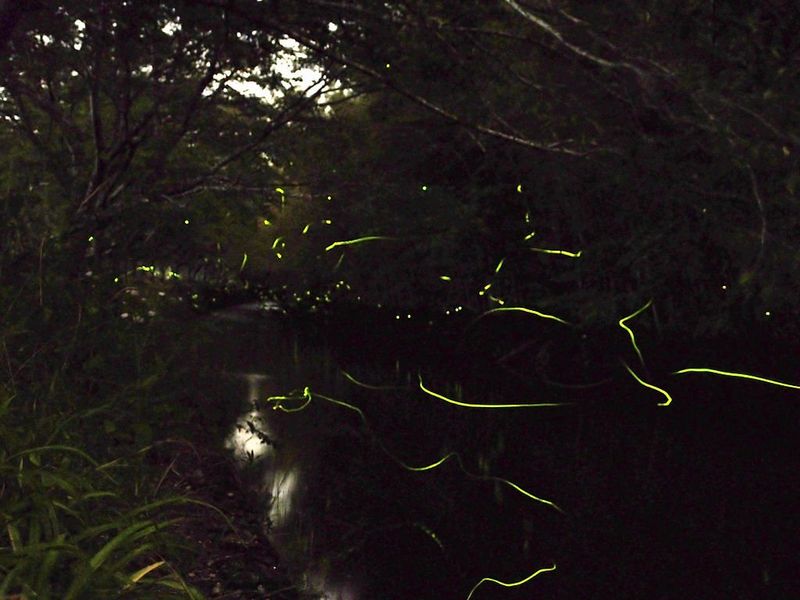
Summer evenings in West Virginia wouldn’t be the same without fireflies turning yards into twinkling wonderlands. Beyond their magical light shows, firefly larvae hunt snails and slugs hiding in damp soil and leaf litter.
Their populations are declining nationwide due to light pollution and habitat loss, making your pesticide-free yard crucial for survival. Each species flashes unique patterns to attract mates.
Preserving these living lanterns means leaving grass a bit longer and reducing outdoor lighting during peak firefly season.
9. Robins: Worm-Hunting Songbirds
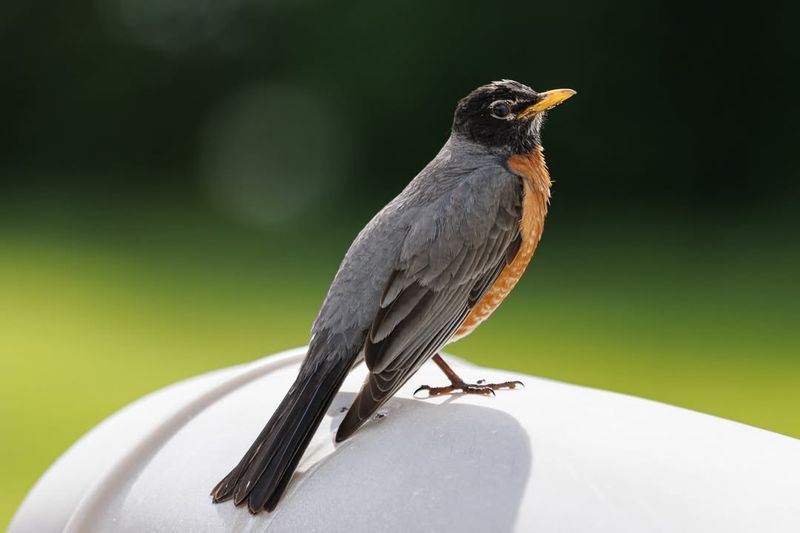
Hopping across West Virginia lawns with heads cocked sideways, robins are expert worm and grub hunters that aerate your soil while feeding. Their cheerful songs announce spring’s arrival, and their appetites keep lawn pests under control naturally.
A family of robins can remove hundreds of insects weekly from your property. They’re also excellent indicators of ecosystem health and environmental quality.
Providing water sources and avoiding lawn chemicals ensures these beloved birds continue their pest-control services year after year in your neighborhood.


